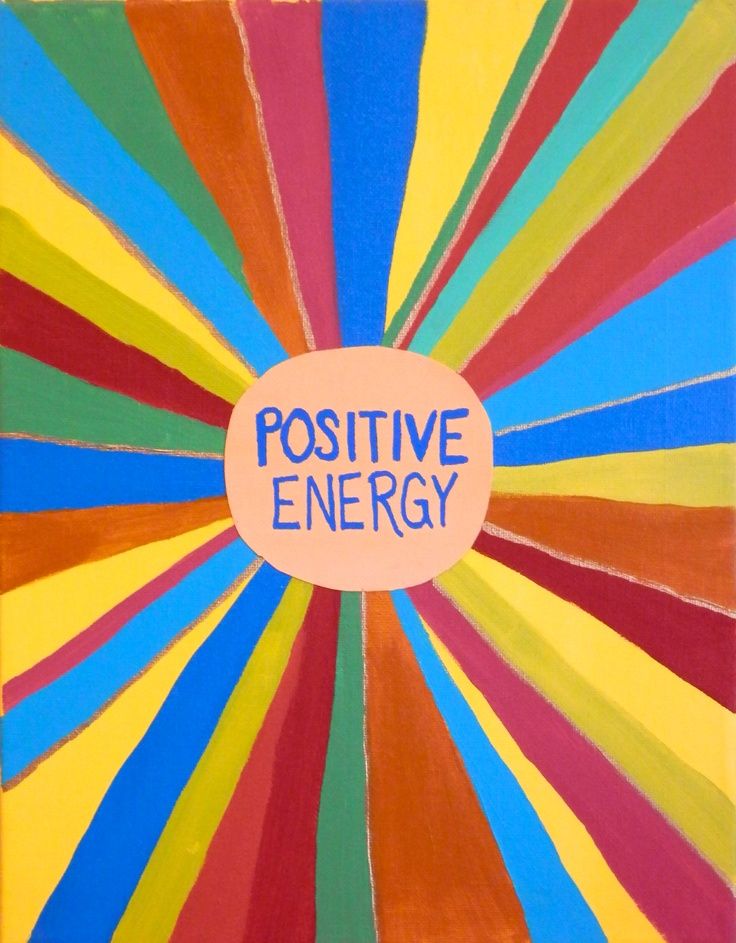Moody Monday: manage your energy. The demands of the workplace keep rising; people tend to respond by working longer hours which lead to huge amounts of stress and in extreme situations to burn-outs. People take for granted what fuels their work: energy. Increasing their capacity of energy is the best way to meet these increasing demands.
The definition of energy in physics is the capacity to work. Energy comes from 4 different sources: the body, emotions, mind and spirit. The energy of these 4 sources can be systematically expanded and renewed by establishing rituals. We define rituals as behaviours that are intentionally practiced and precisely scheduled, with the goal of making them unconscious and automatic as quickly as possible.
To recharge their energy levels, individuals need to recognize the costs of energy-depleting tasks and then take responsibility and change them, regardless the circumstances they are dealing with. Some examples of changing your rituals are giving up drinking, setting an earlier bedtime. In exchange you will feel more rested, motivated to work out and ready to take on the world. Establishing simple rituals can lead to impressive results across organizations.
Most organizations invest in employees’ skills, competences and knowledge. Only very few help building and sustaining their energy levels, which is taken for granted. In fact, more energy makes it possible to get more done in less time.
The Body: Physical Energy
It isn’t new for anyone that inadequate nutrition, exercise and sleep diminish people’s energy levels, as well as their ability to control their emotions. Nevertheless, executives in many firms don’t find ways to practice healthy habits, because of all the other demands.
A first step in increasing your physical energy is recognizing your behaviour is counterproductive. The next step is identifying rituals to build up physical energy such as: regular cardiovascular and strength training, sleeping longer, eating smaller meals and snacks every 3 hours instead of 2 big meals every day. That way you can stay focussed all day instead of scheduling the heavy tasks during the morning.
Another key ritual is to take brief regular breaks throughout the day. The value is grounded in our psychology. “Ultradian rhythms” refer to 90- to 120-minute cycles during which our bodies slowly move from a high-energy state into a physiological trough. Toward the end of each cycle, the body begins to crave a period of recovery. The consequence is that our energy levels begin to decrease as the day carries on.
The emotions: Quality of energy
People can improve the quality of their energy, if they are able to control their emotions. To do so, they have to be aware of their emotions during the day and which effects these emotions have. Almost everyone knows you perform best when you’re feeling positive energy. What most of you don’t know is that you can’t perform if you are feeling any other way.
Confronted with the relentless demands of the work floor, people tend to go into fight-or-flight mode. Negative emotions come along with this fight-or-flight mode. You become irritated and impatient, or anxious and insecure. Such state of mind drains people’s energy. Fight-or-flight emotions also make it impossible to think clearly.
A simple ritual against these negative emotions is “buying time”. Deep breathing is one way of doing that and will turn off the fight-or-flight response. A powerful ritual that fuels positive energy is expressing appreciation to others. This appreciation seems beneficial for the giver and the receiver. It can be done by mail, post-it, with words… so don’t be afraid to give a compliment every once and a while.
The mind: focus of energy
A lot of executives think multitasking is necessary in a multinational, but it actually undermines productivity. Distractions are costly. A simple shift in focus from one task to another, stopping to make a phone call for example, increases the time necessary to finish a task by 25%. This phenomenon is also called “switching time”. It really is better to focus on a task for 90 to 120 minutes, take a break, and then focus on your next task.
If people realise they struggle to concentrate, they are able to create certain rituals to reduce the interruptions technology introduced. Another way to mobilize mental energy is to focus on tasks that have the most long-term leverage. Unless people schedule time for more challenging tasks, they tend to rush through it at the last minute. Perhaps the most effective ritual is focusing every night on which task will be the most important the next day and make it their priority once they arrive at work.

The human spirit: energy of meaning and purpose
People tap into the energy of the human spirit when they are busy with what they love the most and with the things that give them a sense of meaning and purpose. If the work really matters for them, they feel more positive energy, have a better focus, and demonstrate a greater perseverance. Unfortunately, many people don’t see meaning and purpose as potential sources of energy. Only when people experience the value of the rituals they establish in other dimensions, they do start to see that being attentive to their own deeper needs dramatically influences their effectiveness and satisfaction at work.
To access the energy of the human spirit, people need to clarify priorities and rituals in three categories: doing what they do best and enjoy most at work; allocate time and energy to the areas of their life they value the most – work, family, health,…; living their core values in their everyday life.
When you are attempting to realize what you do best and what you enjoy most, it is really important you know that these two things aren’t mutually inclusive. You may get lots of positive feedback on something you do, but not truly enjoy it and vice versa.
In the second category, devoting time and energy to what is important to you, there is a similar divide. People say something is important for them but act otherwise. Rituals are a useful tool to close this gap.
The third category, practicing your core values in your everyday behavior, is a real challenge for many of us. Most people live at such a fast pace, they rarely stop to ask themselves what they stand for and who they want to be. As a consequence, they let external demands dictate their actions.
It is pretty hard to define what values you stand for. That’s why you need to think about questions such as, “what are the qualities you find most off-putting in others?” By describing these qualities, people unintentionally know what they stand for. They stand for the qualities which are opposite to the ones they described.
Addressing these three categories helps people achieve a greater sense of satisfaction and well-being in their jobs. Those feelings are, of course, a source of positive energy.
This way of working only holds up when the organization supports its people in adopting new behaviors. Some executives or companies aren’t ready to embrace this new way of working, even though it will lead to a better and more sustainable performance. Organizational support also shifts in practices, policies and cultural messages.
A factor that can get in the way of success is a crisis mentality. The optimal candidates for energy renewal programs are those who experience enough stress and are searching for new solutions but not that much they will be overwhelmed.
The implicit contract between organizations and their employees today is that each will try to get as much from the other as they can, as quickly as possible, and then move on without looking back. Both the individuals as the organizations will end up depleted of energy, rather than enriched. It would be better if organizations invest in their people across every dimension of their life and help them build and sustain their lives. Individuals should respond by bringing all their multidimensional energy to work every day. Both will grow in value as a result.
